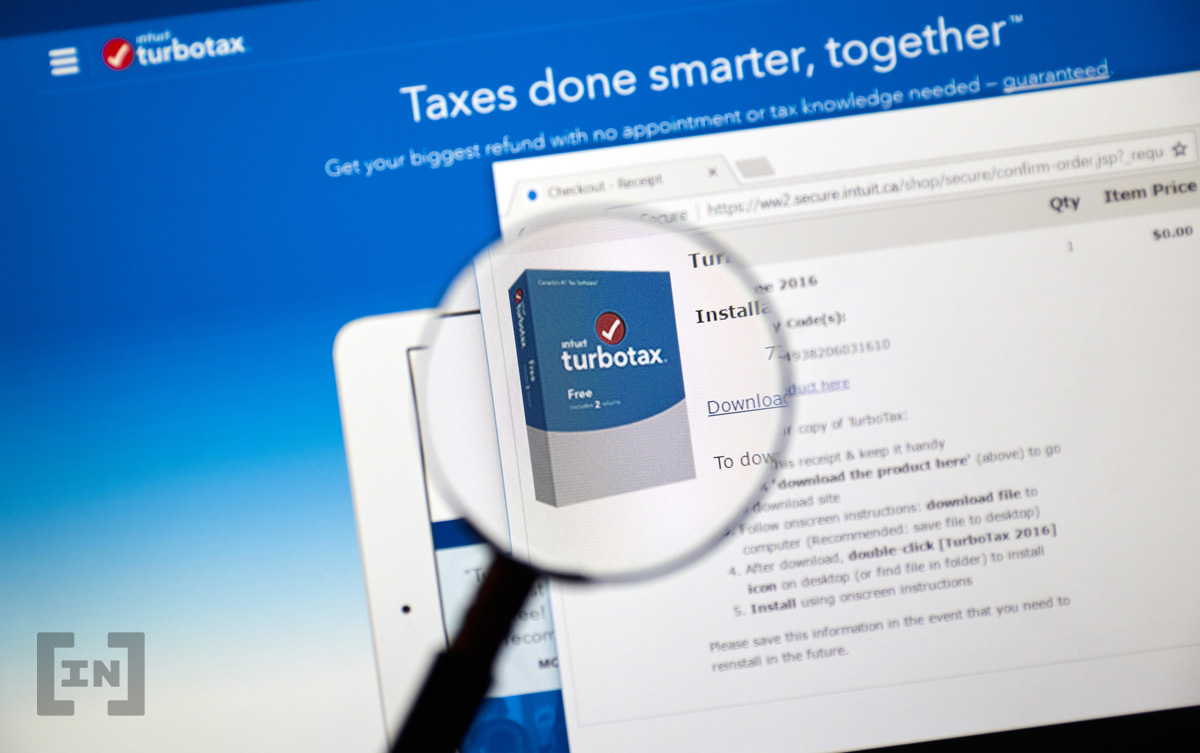Warren Accuses TurboTax of ‘Scamming Taxpayers’ over Software

Senator Elizabeth Warren has written to Intuit, makers of the TurboTax software program, accusing them of offering products that “scam American taxpayers into paying for services that should be free.”
The letter comes as the Internal Revenue Service (IRS) steps up scrutiny of crypto taxes as the tax-filing season gets underway.
Senator Warren wrote to the company’s CEO, Sasan K. Goodarzi, claiming that the company’s “ongoing pattern of hiring former regulators to defend TurboTax products” amounts to a scam.
She also pointed to a Federal Trade Commission (FTC) complaint that said the company was using deceptive advertisements for bogus tax-free preparation products. A former FTC Commissioner, Jon Leibowitz, has also served as outside counsel for Intuit.
Warren questions appointment of former government employees
As a result, Senator Warren asked questions relating to how Intuit has used former government officials to “defend and maintain its unethical and potentially illegal practices that cost American taxpayers billions of dollars.”
Senator Warren has also been in the news with respect to bitcoin and the cryptocurrency market. Senator Ted Cruz criticized Warren, along with Canadian Prime Minister Justin Trudeau, and the country of China, for opposing bitcoin.
Senator Cruz said that he was bullish on bitcoin and crypto and criticized attempts to control the market.
Governments are now keen on ensuring tax compliance as market adoption grows and crypto goes mainstream. Countries like India have imposed heavy taxes on crypto.
IRS starts targeting crypto investors
And the U.S. IRS is paying more attention to cryptocurrencies and NFTs this time around. It has mandated that individuals report the acquisition of assets and sales on individual returns.
Crypto trading and the proliferation of apps like Robinhood have made it much easier for retail investors to get involved. Consequently, investments are increasing both in terms of value and volume, and these investors are less experienced in the potential tax liabilities.
Disclaimer
All the information contained on our website is published in good faith and for general information purposes only. Any action the reader takes upon the information found on our website is strictly at their own risk.


